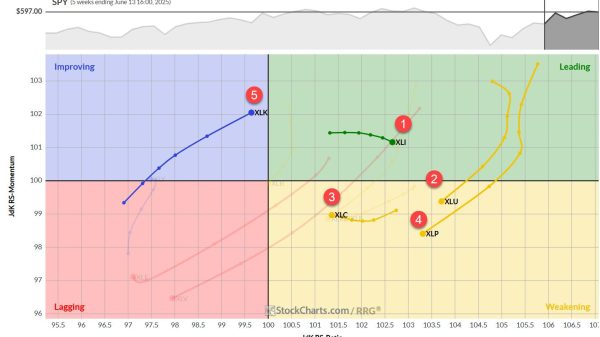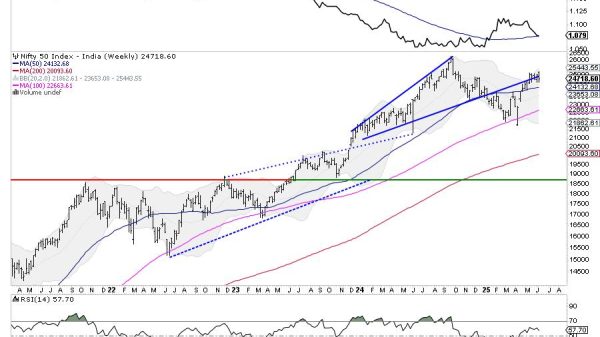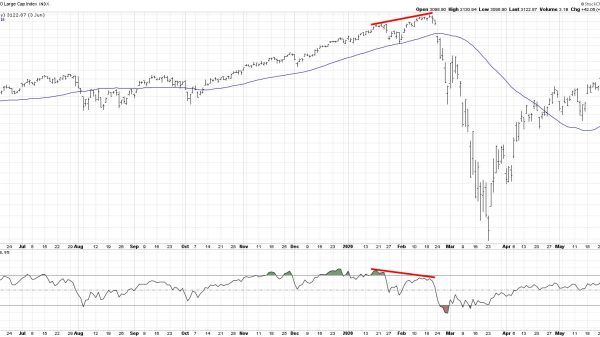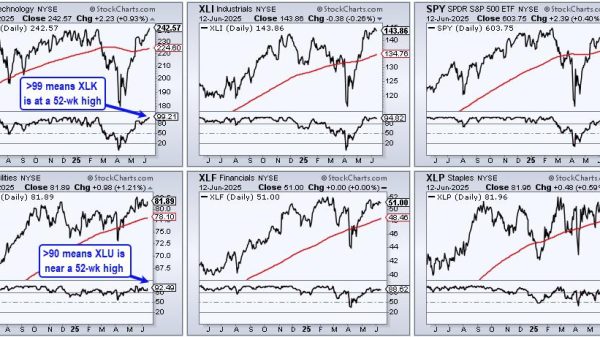China’s Future: Stock Targets Adjusted
In today’s rapidly changing global economy, China stands tall as a force to be reckoned with. Over the years, the country has undergone a transformative journey, transitioning from the old China to the new China. This article delves into the current state of China’s economy, explores the challenges it faces, and examines the opportunities that lie ahead.
On Wednesday, Chinese stocks experienced a decline as various factors weighed on investor sentiment. A private-sector survey revealed that the country’s services activity expanded at the slowest pace in five months during June. This development, coupled with escalating tensions between China and the United States, contributed to the negative market performance.
Fading Optimism and Investor Sentiments
As investors reevaluate their outlook on the Asian stock market, a sense of caution has emerged due to the evolving dynamics in China. Fading optimism regarding the country’s economic growth has led to investors trimming their Asia stock targets. The shifting landscape of the world’s second-largest economy has raised concerns and ignited debates over the future trajectory of China’s development.
China’s economic journey has witnessed remarkable progress, transforming it from an agrarian society to an industrial powerhouse. However, the country is now grappling with a series of challenges that are shaping its future. One such challenge is the specter of a China recession, which has been a subject of considerable speculation in recent times. As the global economic landscape becomes increasingly interconnected, any adverse effects on China’s economy could reverberate throughout the world.
Moreover, the emerging markets in China are facing their own set of hurdles. Slower growth, increased competition, and changing consumer behaviors have forced businesses to adapt and find new avenues for expansion. While these challenges pose obstacles, they also present unique opportunities for companies to innovate and tap into untapped potential.
The Chinese property market is another key area that requires careful attention. After experiencing a period of rapid growth, the market has faced a slowdown in recent years. Government policies aimed at curbing speculative investments and addressing housing affordability have contributed to this change. Navigating the intricacies of the property market in China requires a thorough understanding of the regulatory environment and a keen eye for emerging trends.
Embracing the New Opportunities
Despite the challenges, the new China offers significant opportunities for businesses and investors. The country’s vast consumer market, technological advancements, and burgeoning middle class continue to fuel growth in various sectors. As the Chinese economy evolves, innovative industries such as renewable energy, artificial intelligence, and e-commerce are gaining momentum. These sectors hold immense potential for those willing to embrace change and tap into the evolving needs of Chinese consumers.
The blue-chip CSI 300 Index, representative of China’s top companies, experienced a drop of 0.8%, while the Shanghai Composite Index declined by 0.7% at the close of the trading session. The majority of sectors witnessed a decrease in value, with consumer staples losing 1.7% and artificial intelligence firms declining by 2.1%.
In Hong Kong, Chinese banking shares listed under the HSMBI index tumbled by 3.6%. This decline was driven by a report from Goldman Sachs, which downgraded top lenders and raised concerns about the financial health of the sector.
Opportunities and Challenges for Investors and Businesses
As we bid farewell to the old China and embrace the new China, it is imperative for investors and businesses to adapt and thrive in this shifting economic landscape. While caution is warranted, it is essential not to overlook the opportunities that lie ahead. The drop in Chinese stocks reflects the current uncertainties surrounding the Chinese market. The slower expansion of services activity, along with geopolitical tensions, has created an atmosphere of caution among investors. As a result, stock prices have been affected, particularly in sectors such as consumer staples, artificial intelligence, banking, and technology.
Investors will continue to monitor these developments closely as they assess the potential implications for the broader market and make informed investment decisions. The future performance of Chinese stocks will depend on various factors, including economic indicators, geopolitical developments, and market sentiment.
The challenges facing China’s economy, including concerns about a China recession, the evolving emerging markets, and the dynamics of the Chinese property market, require a nuanced approach. By keeping a finger on the pulse of the changing landscape, staying informed, and proactively seeking opportunities, individuals and organizations can navigate the complexities and prosper in the new era of China’s growth.
The post China’s Future: Stock Targets Adjusted appeared first on FinanceBrokerage.

























